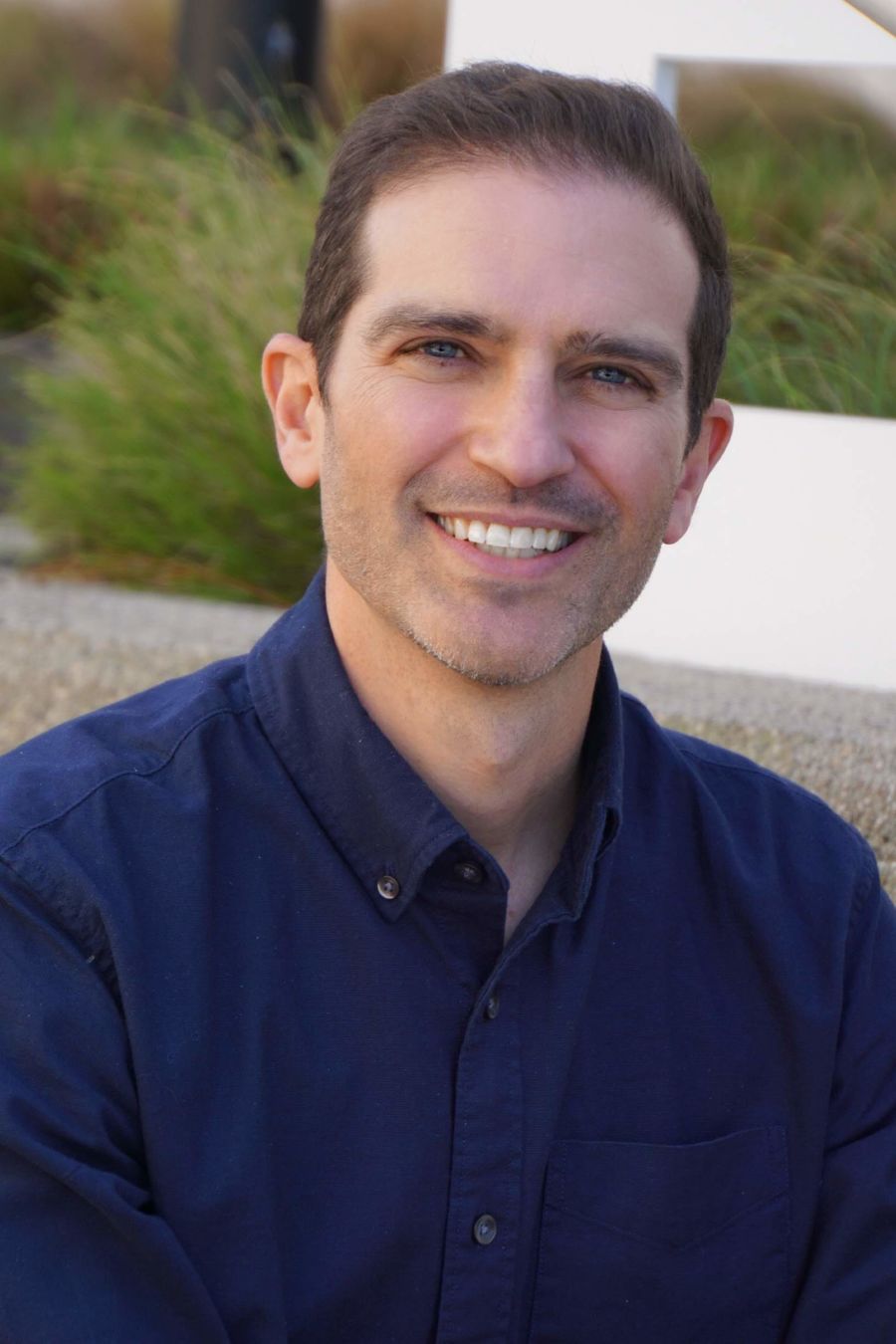Socialive Makes Capturing Homemade Video Child’s Play
Nickelodeon uses software for ‘Kids’ Choice’ stars
The smarter way to stay on top of broadcasting and cable industry. Sign up below
You are now subscribed
Your newsletter sign-up was successful
You don’t ask Captain America to upload his own video.
A lot of shows are being made from performers’ homes. That should make a star out of Socialive, whose software makes it easy to send high-quality video to the cloud and for producers to edit the material into programs.

Socialive burst onto the small screen when Nickelodeon used it to help produce #KidsTogether, The Nickelodeon Town Hall, an hour-long special hosted by actress Kristen Bell with a performance by Alicia Keys and appearance by a dozen doctors and celebrities.
The participants were all at home, and Nickelodeon needed to quickly come up with a way to handle feeds from all those locations. Business people and families had turned to Zoom to conduct multiperson video calls, but that wasn’t good enough.
“I don’t want to take a Zoom and put it on television,” Nickelodeon VP of digital studios Luke Wahl said. Someone at Viacom discovered Socialive, which was available to take multiple feeds and send each on separately to the cloud, where they could be easily retrieved via a virtual control room.
“When they put it in front of me, I immediately thought that this was the right thing for us because the platform can record individual ISO cameras for us,” Wahl said. “And that’s something that’s really invaluable.”
Socialive’s system was simple enough for celebrities to access without sending specialized equipment to their homes. So when Nickelodeon was producing the 2020 Kids’ Choice Awards and needed to coordinate an appearance by Marvel’s Avengers, Socialive’s system again was invaluable. “I don’t have to ask someone, ‘Hey, can you send me files or upload this to Dropbox?’” Wahl said.
The smarter way to stay on top of broadcasting and cable industry. Sign up below
In a changing TV world, technology evolves fast, but Socialive’s approach is “is still really interesting,” Wahl said, noting that the company offers hand-on help with its system and has already iterated it to adapt to things Nickelodeon needed.
“We’ve had a great relationship. It’s a useful and valuable tool for us and we’re looking forward to using it again,” he said. “I’m really lucky that we found them.”

The sudden brush with showbiz is a bit of a surprise for Socialive’s founder and CEO, David Moricca. A Harvard Law School grad and former McKinsey & Co. associate, Moricca was working at Scholastic, trying to come up with some entrepreneurial ideas. He started Mixify, a streaming platform for electronic music artists that allowed DJs to have interactive gigs in clubs in faroff cities. Socialive grew out of Mixify as the company pivoted to video and took a more scalable, enterprise approach.
Moving Beyond B2B
Socialive was originally set to help companies like Salesforce, Pfizer and Walmart to produce quality video for senior executives who wanted to be on internal platforms and social media like Facebook Live and LinkedIn Live.
Moricca said Socialive is profitable. The company had already doubled its business in 2019 to 2020 and is hiring sales, marketing and engineering people. This year business has exploded. It’s up 84% in terms of numbers of customers and 145% in terms of revenue, per Moricca.
Socalive is privately owned and financed without venture capital. It is already on the radar of larger firms interested in acquiring it.
“It just kind of exploded and accelerated in the last six to eight weeks,” he said. “We’ve proven that what we’ve built works really well for these media and entertainment companies as well,” he said. Socialive is working on other projects at ViacomCBS and is talking to other media companies.
Moricca watched the NFL Draft, which was produced virtually with commisisoner Roger Goodell in his basement, new National Football League players all over the country and ESPN commentators working from home. “I’m sure we could have done that more cost-effectively than they did,” he said. “That was not a low-cost production.”
“It’s interesting how the media entertainment world is embracing the new reality,” Moricca said, noting it really isn’t a choice.
The big plus to showing celebrities and experts in their home is that they project authenticity. “Authenticity wins in the world of marketing. It works so much better from a lead generation perspective and from an engagement perspective, than very overly produced content.”
Moricca acknowledged that while viewers expect a certain level of video quality, shooting from home can humanize the Jimmy Fallons and Conan O’Briens of the world.
“I think it’s actually going to get them closer to their fans,” he said. “This is not a short-term change. It’s becoming very clear to everyone across industries that there’s a paradigm shift beginning to happen.
“People have realized you can produce high-quality content faster,” he said. “I don’t think the pendulum will swing all the way in this direction, but I do think there's going to be a lot of ways traditional video-from-the-field capture is going to change.”
Jon has been business editor of Broadcasting+Cable since 2010. He focuses on revenue-generating activities, including advertising and distribution, as well as executive intrigue and merger and acquisition activity. Just about any story is fair game, if a dollar sign can make its way into the article. Before B+C, Jon covered the industry for TVWeek, Cable World, Electronic Media, Advertising Age and The New York Post. A native New Yorker, Jon is hiding in plain sight in the suburbs of Chicago.

